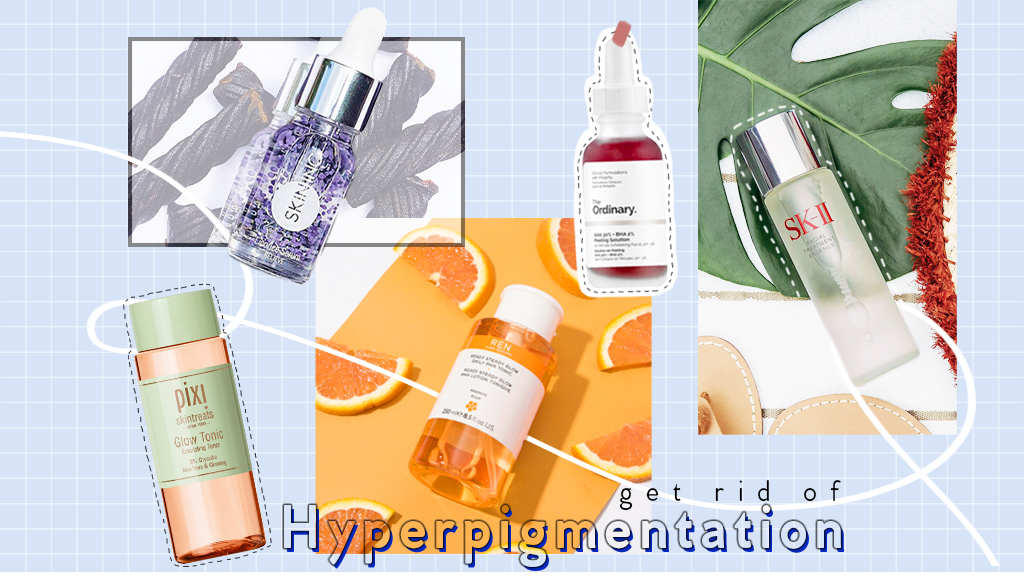
In the skincare world, there are so many ingredients to choose from to target specific skin conditions.
Besides acne, melasma and hyperpigmentation are two of the most common conditions we face for our skin. The good news is that they are mostly temporarily conditions that are treatable and disappear over time. If you currently have melasma or hyperpigmentation (PIH & PIE), look no further! Here’s a list of ingredients you can use to treat your hyperpigmentation and achieve that smooth and clear skin!
Quick Overview on Hyperpigmentation
In case you need a refresher, hyperpigmentation is a condition that leads to discoloration or darkening of the skin. There are many causes of hyperpigmentation. But the most common forms results from excess sun exposure, eczema, psoriasis, and your acne. In a nutshell, keep in mind that hyperpigmentation results due to an overproduction of melanin from within the skin.
“But wait, does ‘brightening’ and ‘lightening’ mean that my overall skin color will change?”
Here’s a question that you might be wondering especially if you have dark skin tones. It definitely seems daunting to see the words “brightening” and “lightening” labeled on many products. Not to mention that it’s a valid concern; your dark skin tone is beautiful and deserves to stay that way!
The good news is that “brightening” and “lightening” are referring to the state of your skin’s condition. In other words, when a product claims this, the ingredients are working to lighten up dark spots, pigmentation, and discoloration all while smoothing and evening out your skin tone. Essentially it’s helping your skin appear and feel as it did when you were a baby: smooth, glowing, and flawless~
To summarize: “Brightening and Lightening” does not NOT equate to skin bleaching, unless stated otherwise. Always make sure you check the product’s ingredient list for any bleaching agents such as mercury, monobenzone, and steroids.
Hydroquinone
Although controversial, hydroquinone is considered “the gold standard” ingredient for brightening dark spots by decreasing melanin production within the skin. But here’s the catch: hydroquinone is potent so it can’t be used long term. It can also cause some unwanted side effects such as skin sensitivity and irritation. Additionally, hydroquinone is not recommended for use for pregnant women. It is banned in Europe, Africa, and South Korea. And although safe to use, it’s possible for hydroquinone to cause skin bleaching. If you have skin tone ranging from olive to dark, we recommend consulting a dermatologist before use. Otherwise, you can look into other alternative ingredients (see below) for treating your hyperpigmentation.
But it’s not to say that you shouldn’t use hydroquinone, since it’s effective in lightening up dark spots. It’s especially great to pair hydroquinone with a topical retinoid. Make sure you moisturize your skin after application!
Product Recommendations
Arbutin
You most likely saw this ingredient in many Asian skincare products. Arbutin is an extract derived from bearberry, blueberry, and cranberry plants. This ingredient works to lighten the skin by reducing melanin production in the skin. Additionally, arbutin is considered a safe alternative to hydroquinone and is okay to use for pregnant women.
Products Recommendations
Kojic Acid
This ingredient recently garnered a lot of attraction for its multi-purpose abilities and for being a natural alternative to hydroquinone. It’s naturally produced from fungi and other fermented foods like soy, rice, and sake. In many cases, “fermented soy extract,” “fermented rice extract,” and “fermented rice filtrate” are common ingredients that represent kojic acid. Additionally, kojic acid is anti-microbial, rich in antioxidants, anti-inflammatory, and anti-aging. It even provides some degree of protection against the sun’s UV rays. Kojic acid is generally safe to use for pregnant women and can be used long term. It’s also great to pair it with glycolic acid for maximum benefits to the skin. Make sure that you protect your skin with sunscreen afterwards!
Products Recommendations
Azelaic Acid
Azelaic acid is especially great for those who have PIE (post-inflammatory erythema), melasma, rosacea, and acne. This ingredient helps to calm down overproduction of melanin, which contributes to hyperpigmentation. It kills P.acnes, which is the bacteria that causes acne. It also decreases inflammation in the body and on the skin.
Products Recommendations
Alpha Hydroxy Acids (AHA)
If you’ve heard of chemical exfoliation, you’re probably familiar with AHAs, or alpha hydroxy acids. AHAs are acids derived from fruit and plant extracts. Contrary to popular belief, they gently exfoliate the skin and encourages skin cell renewal. Why is this important for hyperpigmentation? AHAs aid in overturning skin cells to the surface and allow newer skin cells to take their place.
Products Recommendations
Licorice Extract
Even though licorice might not sound feasible, it’s a really good ingredient to use for hyperpigmentation. Who knew?
Licorice extract hinders melanin production, which is great for dark spots. It also contains glabridin and licochalcone, which are antioxidants that aid in fighting free radical and UV damage. It also soothes inflamed skin and regulates oil production. This is often the reason why you’ll see this ingredient in anti-acne skin care products. Keep in mind that licorice extract is also known as “dipotassium glycyrrhizate” in your product’s ingredients list.
Product Recommendations

Vitamins A, B, C
The presence of retinoids, niacinamide, and ascorbic acid in your skincare products can provide added benefits to lessen hyperpigmentation. Retinoids are great for treating PIH and Melasma, while Niacinamide is great for PIE and Melasma. For ascorbic acid, you’ll find that it works well for PIE, PIH, and Melasma.
Zinc Oxide
Otherwise known as a key ingredient in sunscreen products, zinc oxide can drastically reduce your hyperpigmentation. Since the sun’s UV rays can worsen your hyperpigmentation, applying sunscreen can help reduce skin damage.
Product Recommendations
For more detailed information on hyperpigmentation, check out the full video:
Head over to more information and product recommendations:

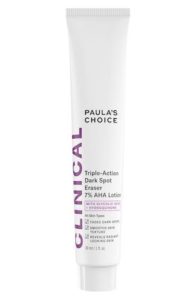

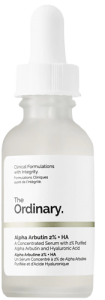


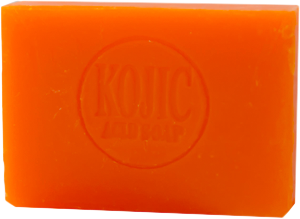
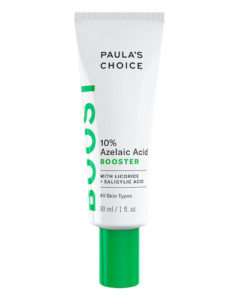

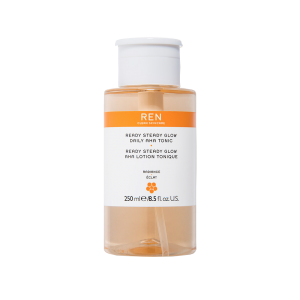
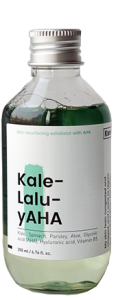

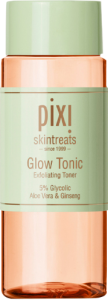
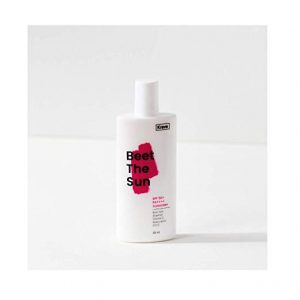

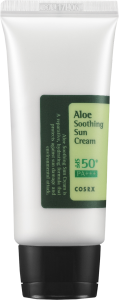
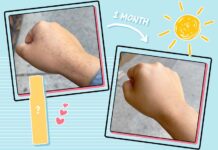
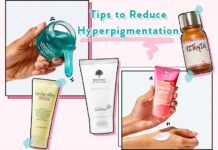
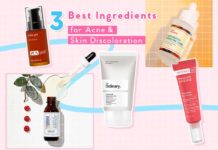
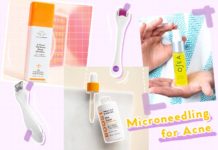
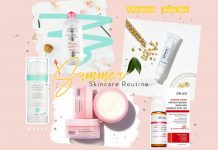
Hi i have a hyperpigmentation is it okay to use toner as pixi retinol tonic, the ordinary alpha arbutin + HA Serum, aha bha pha miracle cream and sunscreen can those things reduce the pigmentations? And after toner can i ise essence ? I have a combination skin
Thank you for this statement “your dark skin tone is beautiful and deserves to stay that way!” Very positive message for a brown skin girl as myself. My interest in skincare is to ensure I am looking MY best in the skin that was gifted to me.
Hi Mikelle!
We’re so happy you enjoyed the article! Yes, all skin tones are beautiful and deserve to be loved, and we’re glad to see you take an interest in helping your skin look and feel the very best it can be. Thank you for your lovely comment! 🙂
Hi. I have a question. I have PIH, hyperpigmentation, so dark marks left after pimples I’ve had in the past that have not at all healed. I was thinking of getting the Niacinamide 10% + Zinc 1% serum because I saw in one of your videos, which I love ??btw, it reduces hyperpigmentation but then the Alpha Arbutin 2% + HA also looks amazing targeting hyper-pigmentation, age spots, dark spots, marks and scars by inhibiting melanin, The Ordinary’s Alpha Arbutin 2% + HA
So I just wasn’t sure which serum to get? Or if I should get both